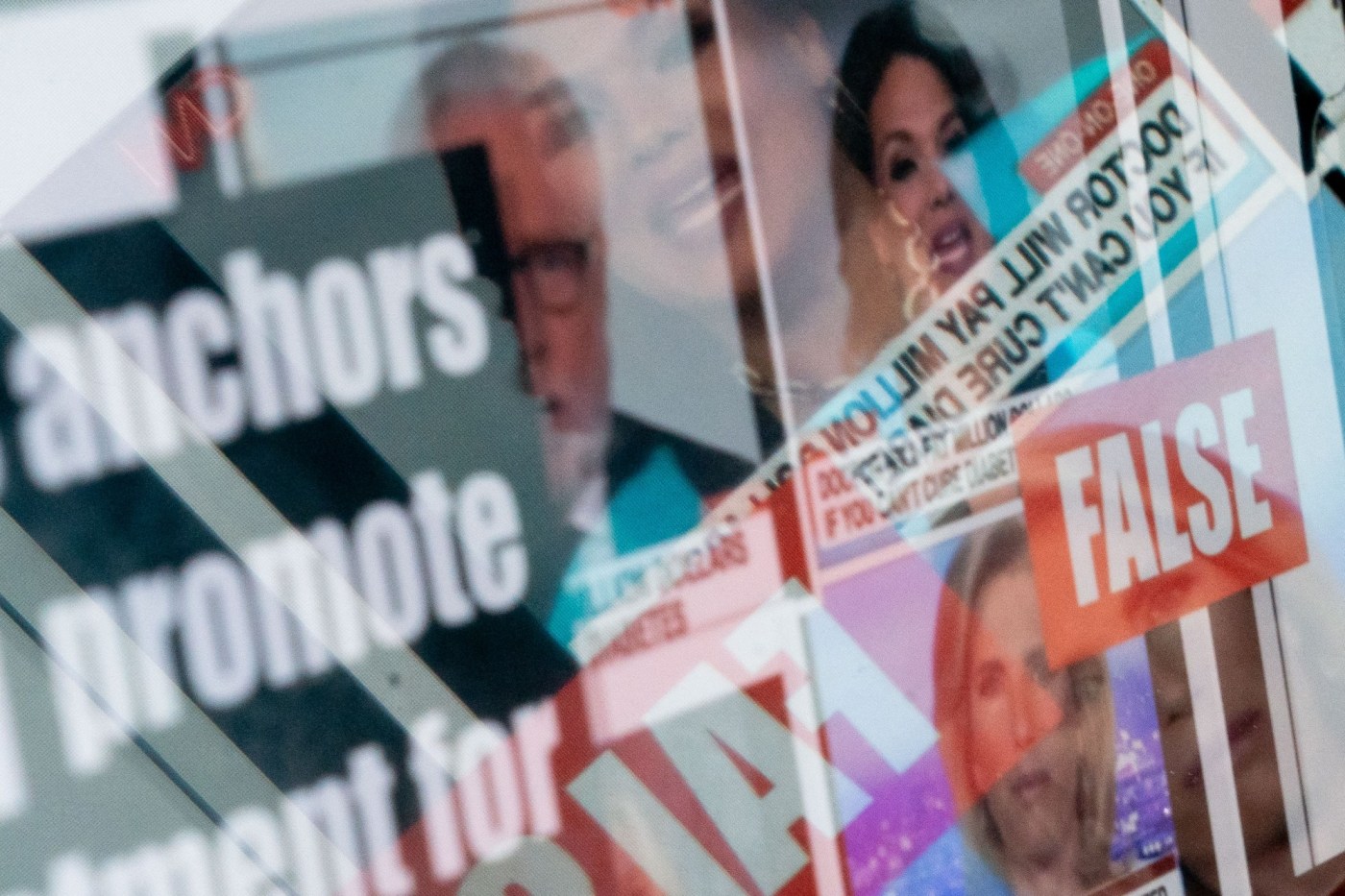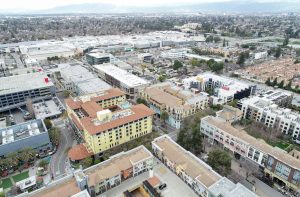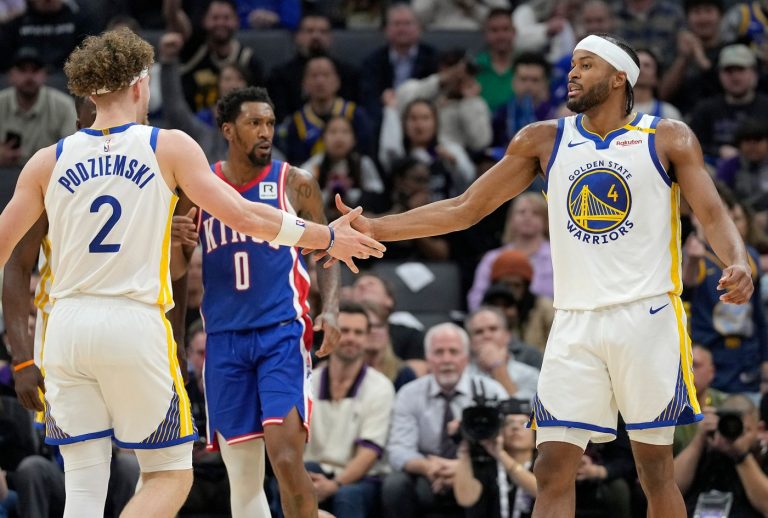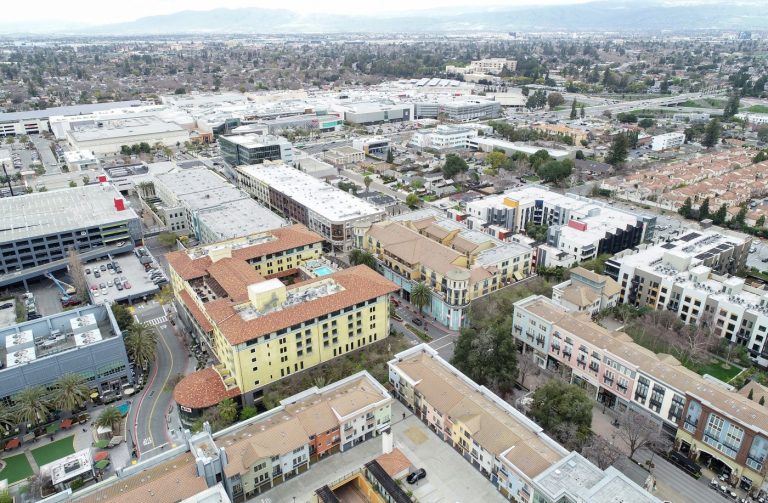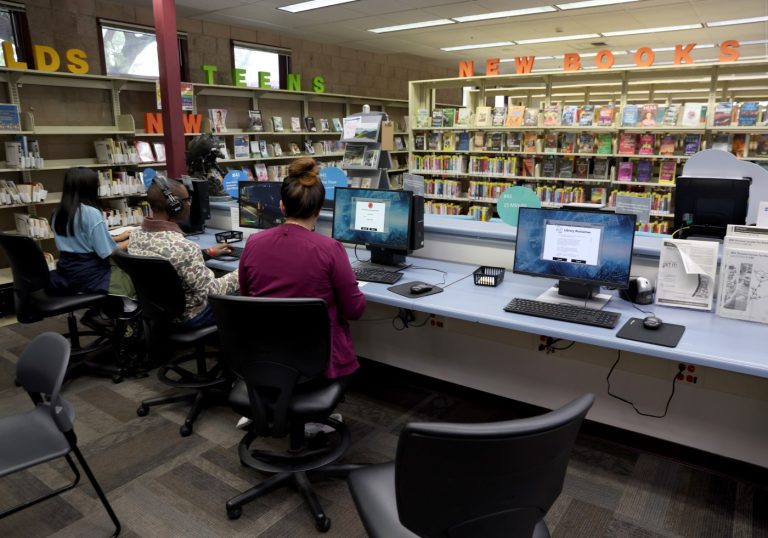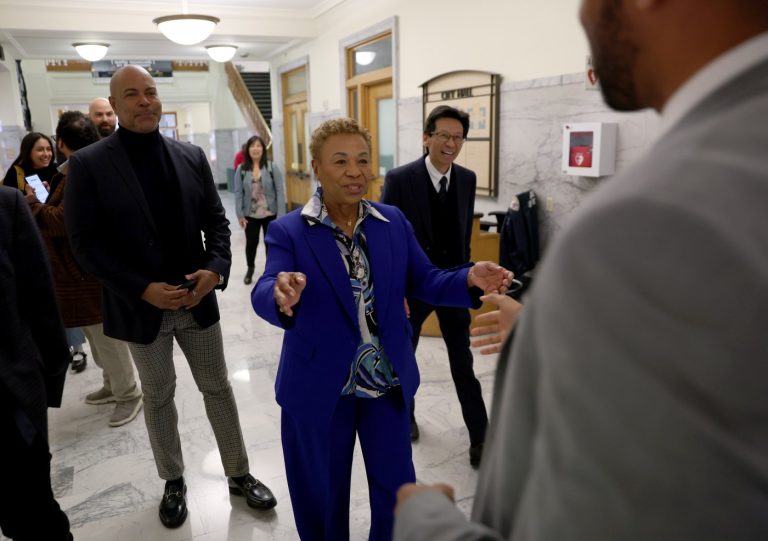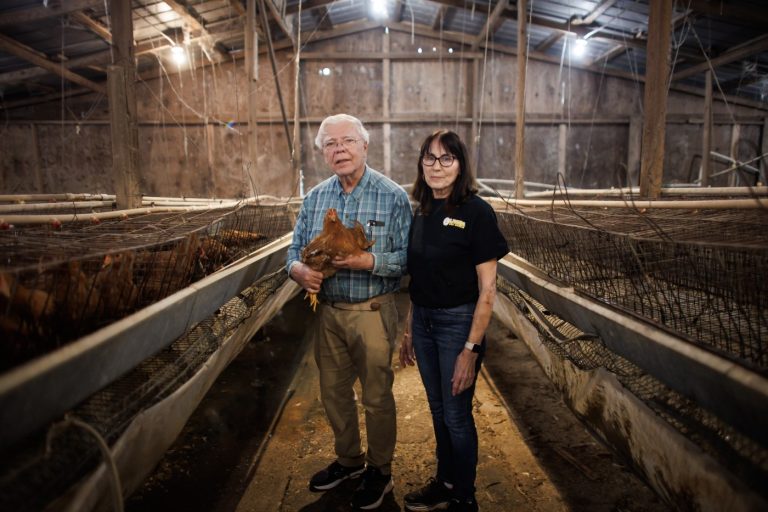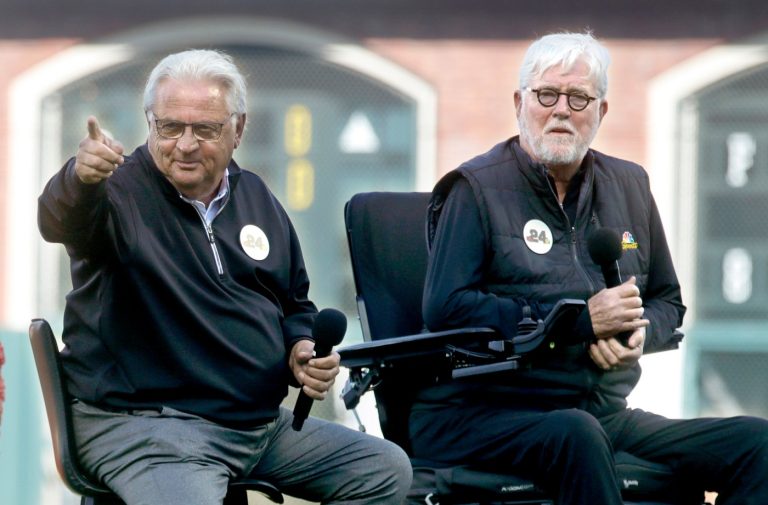Alfred Lubrano | The Philadelphia Inquirer (TNS)
Jun. 10—Nearly 80% of Americans (79%) say that what they read online can contain “false or fake” information that’s deliberately disseminated “to confuse” — with people of color the most targeted, according to a new poll.
Recently released by Free Press, a media watchdog organization, the poll of 3,000 people nationwide also found that 76% of respondents expressed concern that they were reading disinformation online about the presidential election.
When asked where they get their news, more than 50% of respondents named two sources: Facebook and YouTube.
Black Americans, however, use the two platforms for their news more frequently than white people do, the poll found. While 63% of Black people surveyed said they relied on Facebook for information “a few times a week,” 56% of white people said they did. Similarly, 65% of Black people go to YouTube for news, compared to 51% of white people.
People of color who are “disproportionately high users of online media for news and information are therefore likely to be the most impacted by the choices that platform companies and legislators [that regulate them] make,” said S. Derek Turner, a senior policy analysis advisor for Free Press.
To help conduct the poll, Free Press used the services of the African American Research Collaborative, a group of pollsters, scholars, and researchers. BSP Research, a polling firm, was also connected to the project.
Both domestic and foreign operatives have specifically targeted people of color to spread disinformation online meant to undercut their votes and stir race-based discord.
Facebook and YouTube are go-to news sources for Black people because they’re “key sites for community building,” said Timothy Welbeck, director of Temple University’s Center for Anti-Racism and a professor of African American studies.
“People who are marginalized in everyday life find like-minded community on social media,” he said.
“Black people understand that disinformation is a tool to disrupt social progress,” Welbeck added. “It’s been used against them to disrupt access to voting, or to encourage apathy about voting.”
Related Articles
Taylor Swift once made it very clear to Trump why she ‘doesn’t like’ him
Ohio vacancy, challenges to S.C. Republicans Timmons and Mace top Tuesday’s races
What to know ahead of Tuesday’s Nevada primary
‘This will not be 1968.’ Chicago police prepare for DNC as whole world watches once again.
Biden and gun control advocates want to flip an issue long dominated by the NRA
Black Americans have purposely been given incorrect addresses for polling places, as well as incorrect times for voting, sometimes by Russian bots, Welbeck said. Russian disinformation operatives have also disseminated lies about race and social issues to foment unrest in the Black community, according to the U.S. Senate Select Committee on Intelligence.
For years, Facebook has been criticized for allowing its algorithms, which determine what people see on the platform, to amplify fake news and hate speech. While calling Facebook a “positive force in the world,” Facebook CEO Mark Zuckerberg has apologized for not taking “a broad enough view” of Facebook’s responsibilities regarding misinformation and other difficulties.
Black people have to be more vigilant about checking the sources of their news, said Marq Temple, executive director of the Philadelphia Chapter of Concerned Black Men, a nonprofit providing role models and mentors for youth.
“Folks are using social media as research, but they’re not then going on to research the research,” he said. “And now, with artificial Intelligence out there with all that false information, you can get egg on your face if you only read Facebook and don’t do your homework.”
‘Beyond Fact’
Free Press poll’s findings are “not surprising,” said David Kahl Jr., a professor of communication and a misinformation expert at Penn State Behrend in Erie.
“People are becoming more aware that there are powerful forces, such as political actors, using social media to confuse and mislead people,” he said. “There is so much disinformation out there.”
An example is the falsehood that President Joe Biden used his influence to get former President Donald Trump convicted in Trump’s recently adjudicated hush money case in New York, Kahl said.
“No one can prove the conspiracy theory that says Biden did it, but many readers of social media don’t care, because they want to believe it, as well as their political party that says it,” he explained.
“And that belief, along with the emotion it evinces, is beyond fact, and is sacrosanct.”
(c)2024 The Philadelphia Inquirer
Visit The Philadelphia Inquirer at www.inquirer.com
Distributed by Tribune Content Agency, LLC.
